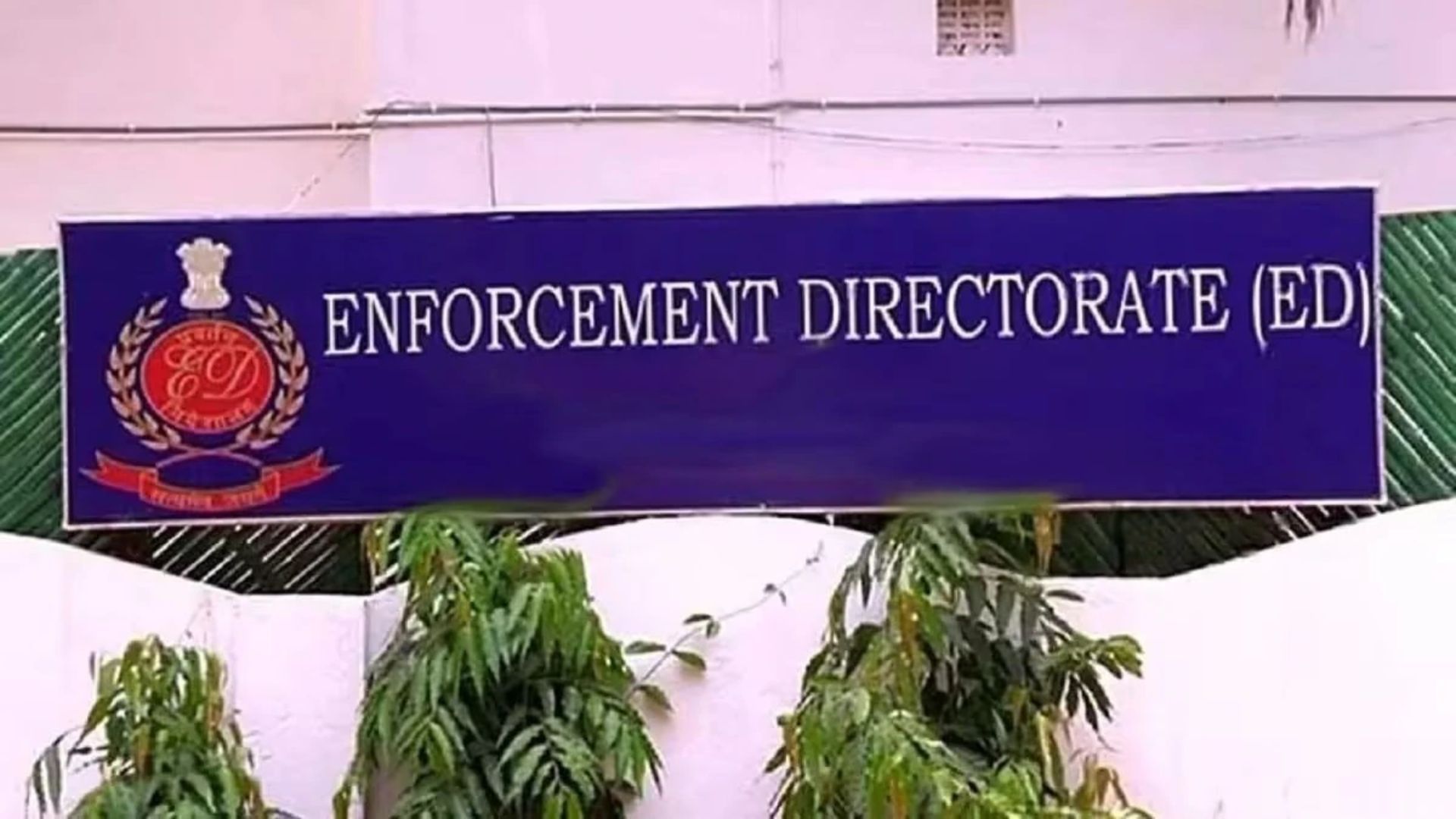The Enforcement Directorate (ED) has introduced updated guidelines on recording statements, emphasizing efforts to complete examinations during regular hours. The new internal guidelines follow directions from the Prevention of Money Laundering Act (PMLA) Court regarding statement recordings under Section 50 of the PMLA.
Timing and Preparation for Recording Statements
According to the guidelines, ED officers must be well-prepared with necessary documents and questionnaires before questioning summoned individuals. To avoid prolonged waiting times, officers should ensure examinations begin promptly at the appointed time and date. Aiming to limit the duration of questioning, the ED recommends completing the examination on the same day or the following day.
Special Provisions for Elderly and Ailing Individuals
The ED’s guidelines specify that examinations for elderly persons, those with serious medical conditions, or those who are otherwise infirm should strictly occur during regular hours. In such cases, officers may reschedule the examination to a mutually agreed date if necessary.
Extended Hours for Exceptional Cases
In exceptional circumstances—such as when there is credible information suggesting the risk of evidence concealment, dissipation of proceeds, or evasion—ED officers may extend statement recording beyond regular hours. However, these cases require documentation and prior approval from a senior ED official (deputy, joint, or additional director).
The ED stated that the guidelines are part of a larger effort to streamline processes, safeguard the integrity of investigations, and comply with PMLA court directives.







